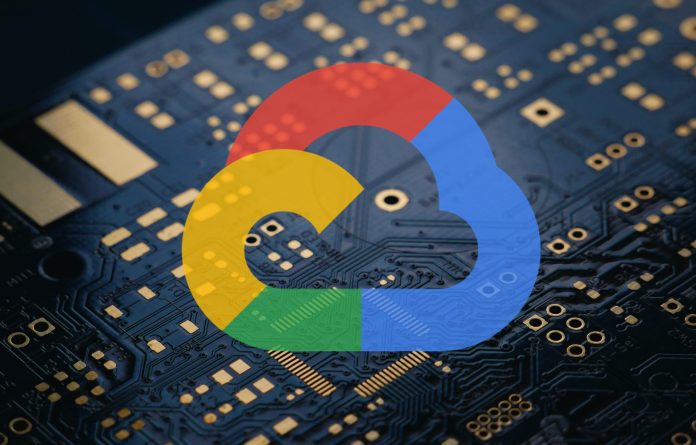Google Cloud has introduced a new embedded computing toolset to help manufacturers develop and deploy IoT solutions for consumers and enterprises. Slipping under the radar at the company’s annual Google Next shindig, which majored on the distribution of its cloud portfolio into network edge and enterprise edge environments, the new workbench portfolio seeks to help with remote management of IoT devices and data.
The new release, called Intelligent Products Essentials, includes edge connections to connect and ingest product telemetry in the cloud from various device platforms, app templates to build connected product companion apps for sundry end-user devices, a fleet management platform to update and analyze IoT estates, and access to various machine learning products to create new product features and capabilities.
The portfolio also allows manufacturers to integrate devices with standard enterprise IT data sources, such as asset management (EAM), resource planning (ERP), and customer relationship management (CRM) systems. All the tools tie back to Google Cloud’s own products. It is geared for consumer, industrial, and enterprise IoT products, and available for enterprises to run with on their own, or in work with in tandem with Google Cloud partners.
Google Cloud announced various customers. GE Appliances, owned by white-goods maker Haier, is using various of the functions to “enhance mew AI-powered features” in its cooking appliances; Serial 1, the ebike brand belonging to Harley-Davidson, is updating its eBicycles and “personalizing customers’ digital ownership experiences”; AR outfit Magic Leap is building field service solutions to connect manufacturers, dealers, and customers.
Writing in a blog post, Dominik Wee, managing director for manufacturing and industrial at Google Cloud, said: “Embedding intelligence into new and existing products is challenging. Updating hardware is costly and existing connected products do not have the capability to add new features, and manufacturers do not have sufficient customer insights due to product telemetry and customer data silos, and may lack the AI expertise.
“Intelligent Products Essentials [is] a solution that allows manufacturers to rapidly deliver products that adapt to their owners, update features over-the-air using AI at the edge, and provide customer insights using analytics in the cloud. The solution is designed to assist manufacturers in their product development journeys — whether developing a new product or enhancing existing ones.”
Meanwhile, the big announcement at Google Next 2021, covered in Enterprise IoT Insights sister-title RCR Wireless, to extend Google infrastructure to the network and enterprise edges, provides cloud support for IoT devices and data, alongside other customer applications, to Google’s 140 global network edge locations in mobile operators’ multai-access edge compute (MEC) infrastructure, plus to customer premises.
The newGoogle Distributed Cloud portfolio comprises two versions: Google Distributed Cloud Edge, available now in ‘preview’ form, and Google Distributed Cloud Hosted, coming in 2022. The former is aimed at enterprises looking for local data processing, low-latency edge compute workloads, and private LTE and 5G solutions. The service lets enterprises run 5G radio hardware and core functions on site, as private networks.
Meanwhile, operators can use the distributed edge cloud service to run workloads on Intel and Nvidia hardware. Google noted contracts with AT&T, Bell Canada, Telecom Italia, and Orange, among early customers. It said its Google Distributed Cloud Edge follows on from disaggregation efforts with Ericsson and Nokia. Nokia and Google announced a ‘co-innovation’ partnership earlier this year to develop cloud-native 5G compute and network functions.
The new Google Distributed Cloud Hosted service, aimed at public-sector operations and enterprise customers working under stricter data security and privacy protocols, can accommodate worldwide digital sovereignty issues, the company said. Google called it a “safe and secure way to modernize on-premises deployments without requiring any connectivity to Google Cloud.”
Google has announced initial support for the twin Google Distributed Cloud offers from vendors including Cisco, Dell, HPE, and NetApp. The distributed cloud service is based on Anthos, the company’s managed hybrid cloud platform that works on premises, edge and in multiple public clouds via a Google-backed control plane. Anthos, a part of its Global Mobile Edge Cloud (GMEC) strategy, uses its Kubernetes engine for its container orchestration management.

